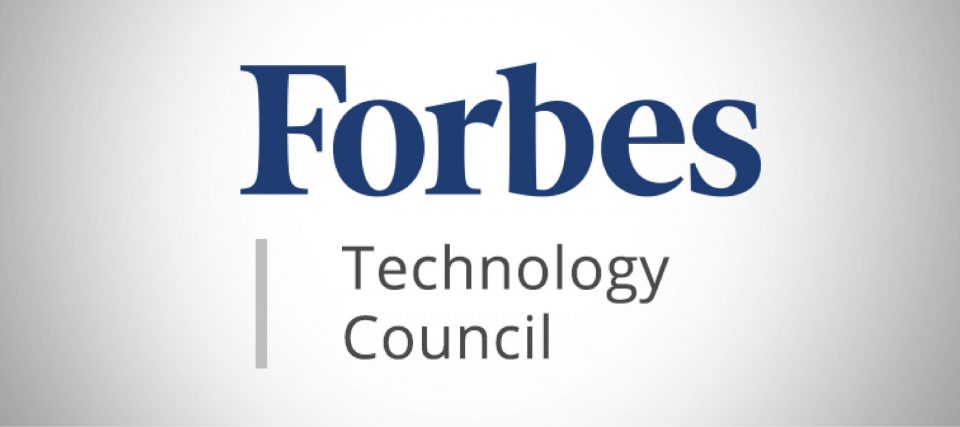Pharmaceuticals are a $466 billion industry in the United States, according to Statista. However, concerns about privacy and transparency in clinical trials have the potential to impede the future of drug development and increase costs. Emerging technologies like blockchain should be explored to overcome these privacy concerns.
Blockchain will greatly modernize the pharmaceutical industry, and I believe it will become the best way to handle certain initiatives that relate to transparency, privacy and traceability.
At its very core, blockchain is a distributed ledger system with verifiable transactions. Through every subsequent transaction, the ledger is encrypted and verifiable throughout the chain. If there is a ledger with 100 transactions, for instance, each transaction is verifiable through its previous and subsequent transaction. In short, blockchain can provide anonymity and trust to verify and audit any activity.
This brings forward integrity and privacy, with a transaction having the potential to be nearly anything. In the case of food traceability, for instance, a superstore could easily identify which farm a head of broccoli came from. In pharmaceuticals, a drug could be traced the same way.
Uses Of Blockchain In Pharma
One could make the argument that blockchain was built for the pharmaceutical industry, due to the industry’s strict privacy practices, laws and global regulations. Blockchain can help solve inherent problems that may arise because of this.
The technology can be used to give more confidence in the privacy of information in clinical trials, which will open the door for people to be open to providing more information. This can also lead to shorter cycles for drug development and discovery. A BioMed Central report touches on how reproducibility of clinical research studies has been an issue for quite some time and using blockchain technology can combine privacy with secure, decentralized tracking of all data.
There are also different applications for the use of blockchain in clinical trials, such as the development of public registries. Disclosing clinical trial results data is quickly becoming a top priority for large and small pharmaceutical companies alike, with 60% of pharma companies currently utilizing or experimenting with blockchain, according to a study by the Pistola Alliance. This would allow a person to participate in a clinical trial without anyone else knowing. Using blockchain may help eliminate the fear that many people have of their data being compromised while participating in a clinical trial. If more people are comfortable with providing data, more lives can be saved by creating better life-changing therapies.
For health care in general, the industry…
Read the full article on Forbes.com.

